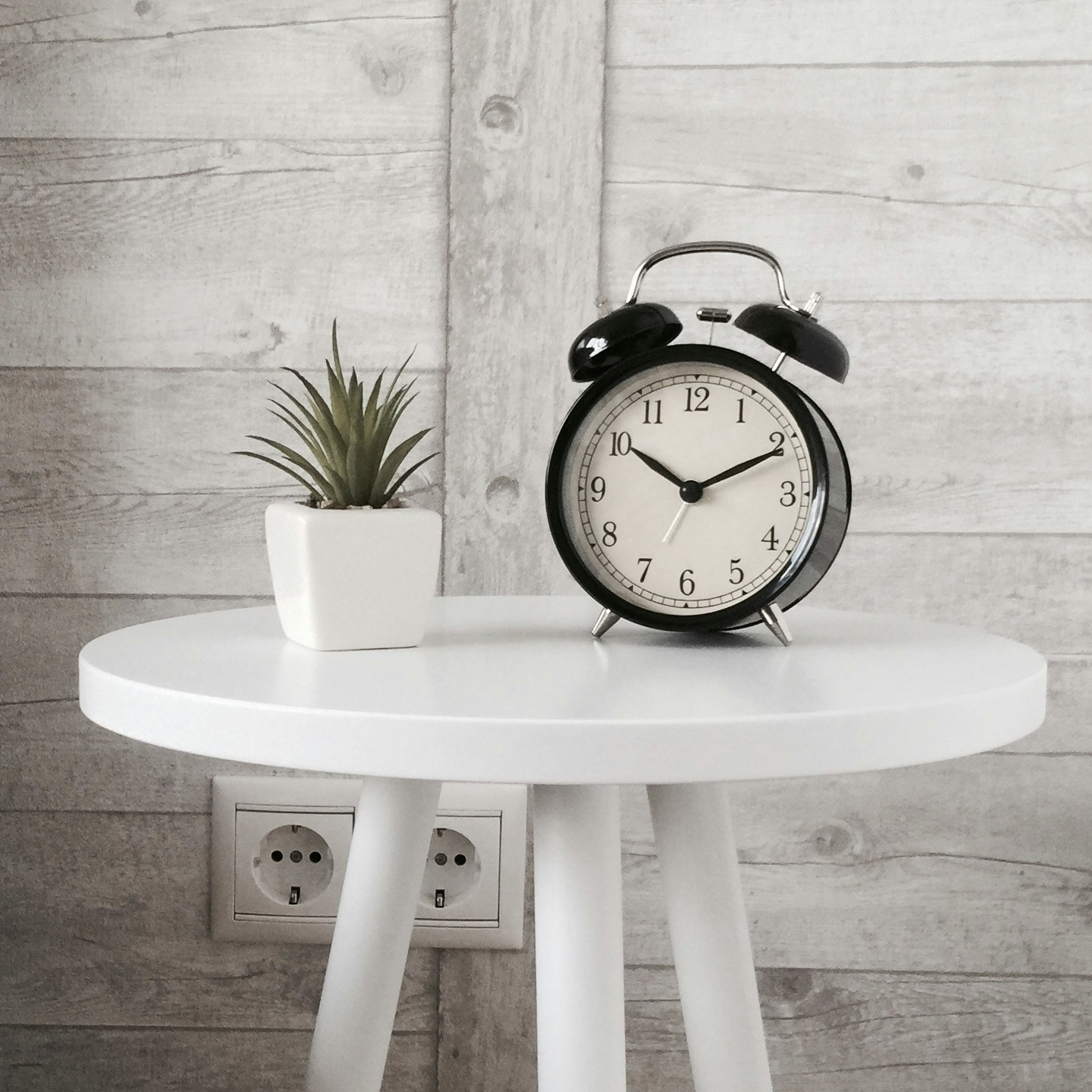
As a flight attendant, managing sleep can be one of the most challenging aspects of the job. With irregular schedules, time zone changes, and long hours on your feet, getting proper rest often becomes difficult. Yet, sleep is essential—not only for your health but also for your safety and performance while in the air. Tracking your sleep habits is one of the most effective ways to ensure you’re getting the rest you need to stay sharp, energised, and ready to handle the demands of the job.
The Dangers of Sleep Deprivation
Sleep deprivation is more than just feeling tired. It has significant effects on both your mental and physical health. When you don’t get enough rest, you may experience:
- Cognitive Impairment: Lack of sleep affects your brain’s ability to function properly. Simple tasks can become difficult, and your reaction time slows down. This is especially dangerous for flight attendants who need to be alert and make quick decisions in emergency situations.
- Mood Swings: Sleep-deprived individuals are more prone to irritability, stress, and anxiety. As a flight attendant, maintaining a positive attitude and providing excellent customer service are critical to the passenger experience, and lack of sleep can make this difficult.
- Weakened Immune System: When you’re not getting enough rest, your body’s ability to fight off illness is compromised. This is particularly concerning for flight attendants who are constantly exposed to different people, environments, and germs during flights.
- Increased Risk of Accidents: Fatigue can cause poor coordination and decreased awareness, increasing the risk of injury or mistakes while working. This could range from something minor, like dropping a tray, to more serious incidents that could jeopardise passenger safety.
Why Tracking Your Sleep is Essential
Tracking your sleep habits gives you insight into how much rest you’re actually getting and helps you adjust your routine to prioritise better rest. Many flight attendants find it helpful to use sleep tracking apps or wearables like fitness trackers to monitor their sleep patterns. These tools can reveal important data, such as:
- Total sleep time: The amount of actual rest you get each night.
- Sleep quality: Tracking your sleep stages (deep sleep, light sleep, and REM) can show you if you’re getting restorative sleep.
- Sleep disruptions: Knowing how often you wake up during the night can help you identify factors that are affecting your rest, like stress or noise.
By paying attention to these patterns, you can identify trends and make adjustments to improve your sleep, whether that means going to bed earlier, creating a pre-sleep routine, or managing your layover schedules more effectively.
How Sleep Helps Your Brain Recover
Your brain relies on sleep to recover and function properly. During sleep, especially during deep and REM stages, your brain consolidates memories, processes information, and clears out toxins that build up during waking hours. This “cleaning” process helps improve your cognitive functions, such as problem-solving, focus, and creativity.
For flight attendants, these cognitive functions are critical. You need to be able to communicate effectively with passengers, handle unexpected situations calmly, and perform your duties safely. Sleep allows your brain to reset and prepares you to perform your best on the job.
Tips for Improving Sleep as a Flight Attendant
Here are some practical tips for getting better rest and tracking your sleep:
- Stick to a Routine: As much as possible, go to bed and wake up at the same time, even on days off. Consistency helps regulate your body’s internal clock.
- Limit Caffeine: Avoid caffeine late in the day, as it can interfere with your ability to fall asleep.
- Create a Relaxing Pre-Sleep Routine: Wind down with activities like reading, listening to calming music, or practicing relaxation exercises to signal to your body that it’s time to sleep.
- Use Sleep-Tracking Tools: Utilise apps or wearable devices to monitor your sleep patterns and make adjustments as needed.
Sleep is vital to your well-being, and as a flight attendant, it’s even more important due to the demands of the job. Tracking your sleep habits allows you to ensure you’re getting the rest your brain and body need to perform at their best. Prioritising sleep is key to staying healthy, alert, and ready to handle the rigors of life in the skies.
